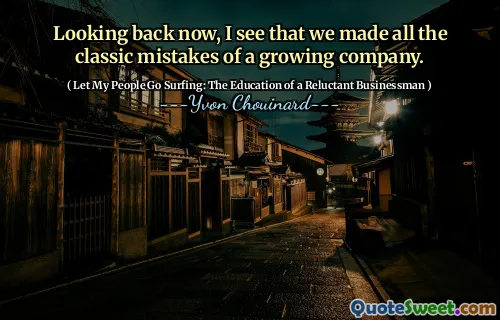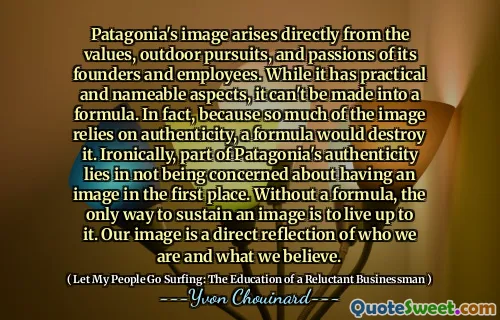
It's okay to be eccentric if you're rich; otherwise you're just crazy.
📖 Yvon Chouinard
Yvon Chouinard's quote offers a provocative commentary on societal perceptions of wealth and eccentricity. Throughout history, eccentricity has often been linked to wealth and privilege, allowing individuals the freedom to express their unique personalities without fear of judgement. Affluent individuals can afford to challenge conventional norms, pursue unconventional passions, or dress distinctively, often without facing societal backlash. In contrast, those who lack financial resources might be dismissed as 'crazy' when they deviate from normative behaviors, even if their eccentric behaviors stem from authentic self-expression or necessity. This disparity highlights how societal valuation is often skewed by economic status, creating a double standard in what is considered acceptable or unacceptable behavior.
This perspective invites us to reflect on how societal norms and economic hierarchies influence our judgments of others. It raises questions about the fairness of such perceptions—should eccentricity be viewed negatively simply because someone is wealthy? Or is it that society provides more leeway and validation to those with wealth, allowing their eccentricities to be perceived as fashionable or intriguing? Conversely, those without such privileges may face misunderstandings, stigmatization, or even marginalization when their behaviors defy social expectations.
The quote also touches on the broader theme of authenticity versus facade. Wealth can sometimes grant individuals the liberty to develop a unique personal identity, while others may be compelled to conform to societal standards due to economic insecurity. Recognizing these disparities urges us to foster empathy and challenge societal stereotypes. It underscores the importance of valuing genuine self-expression regardless of financial standing and questioning the superficial distinctions that divide societal perceptions of madness and genius. Ultimately, the quote encourages a critical look at how societal biases shape our views on eccentricity and authenticity.










